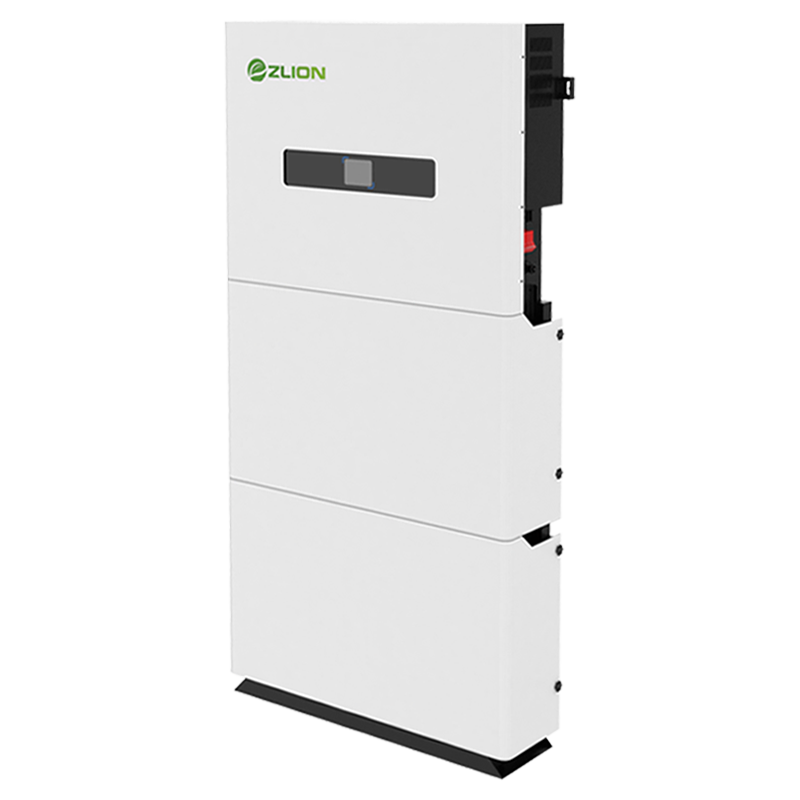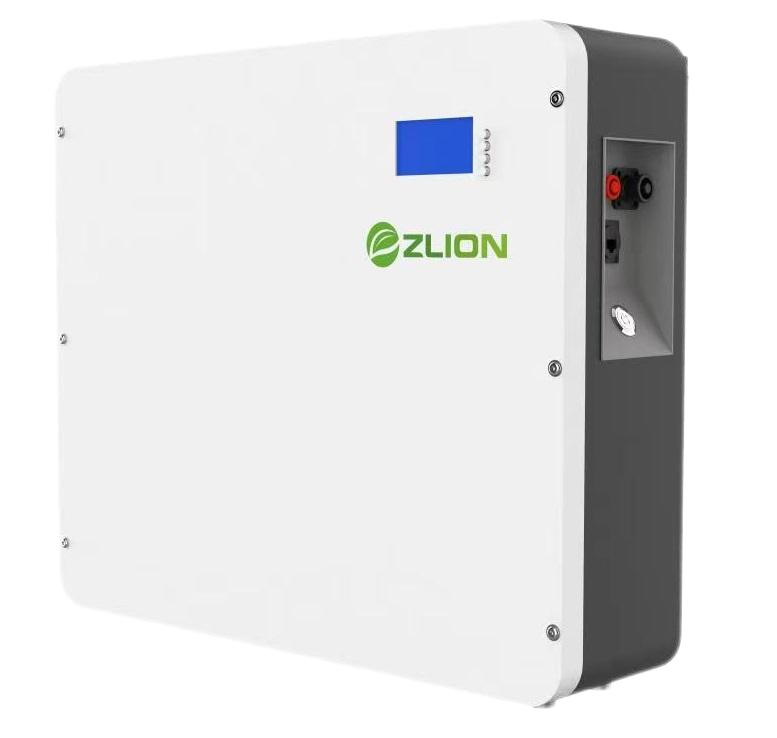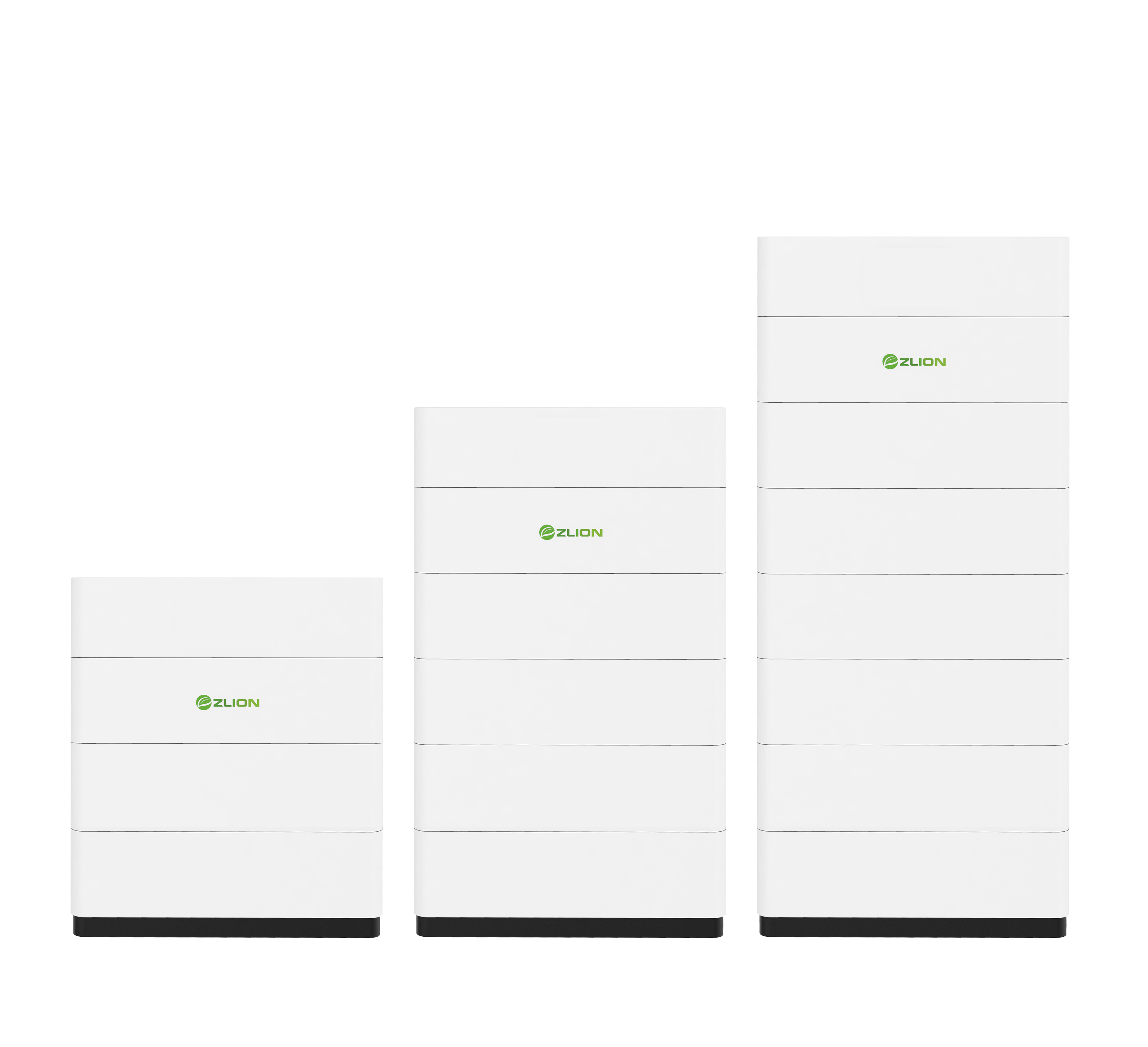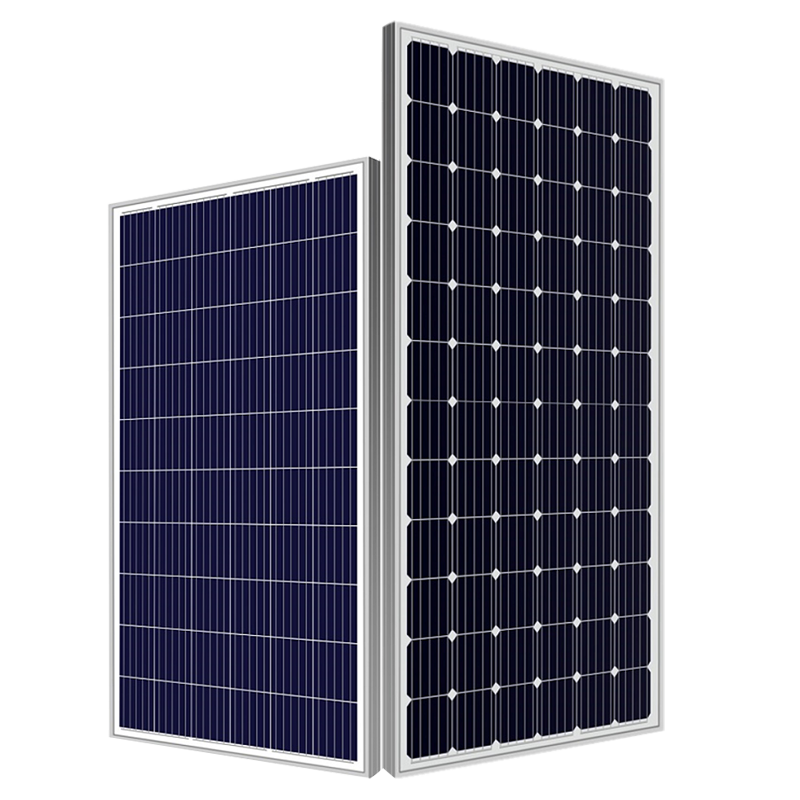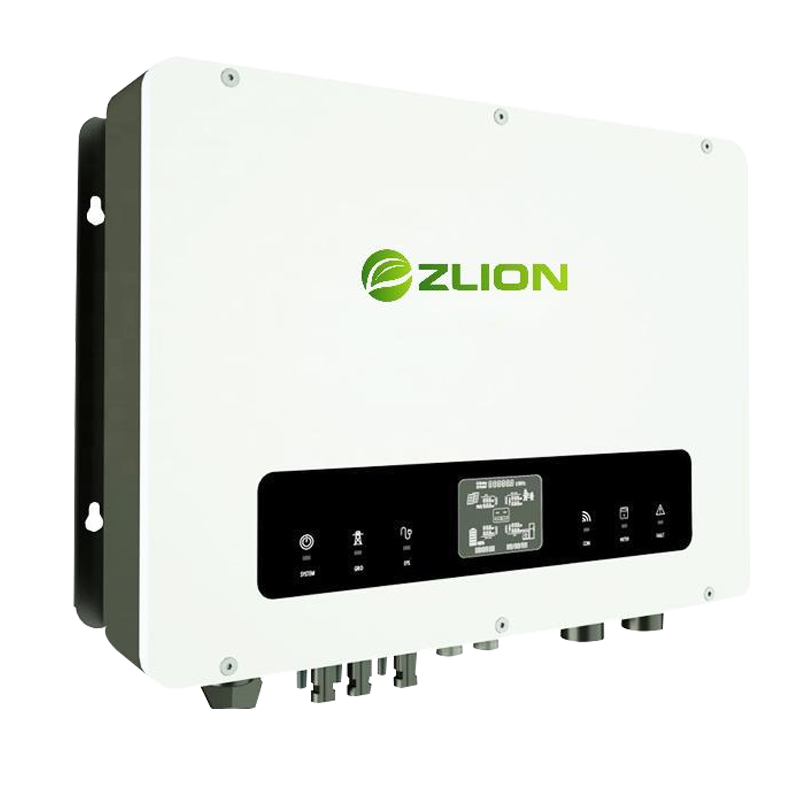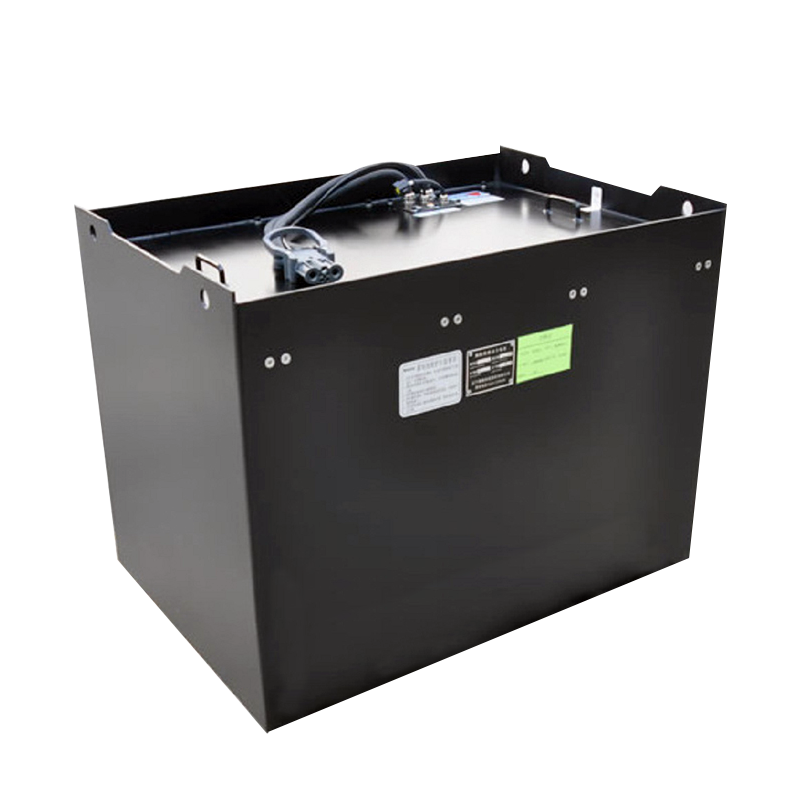Solar systems are generally very safe when they are designed, installed and used, if the correct codes and standards are followed. Here are a few key aspects of solar system safety:
1. Electrical safety
• Grounding protection: Ensure that all electrical equipment and metal structures are properly grounded to prevent potential safety hazards caused by lightning strikes and electrical faults.
• Overcurrent protection: Install overcurrent protection devices such as circuit breakers or fuses to prevent wires from overheating or short circuit due to excessive current.
• Insulation performance: Select high-quality cables and connectors to ensure good insulation performance and avoid the risk of leakage.
2. Fire safety
• Photovoltaic module quality: Select photovoltaic modules that have passed international certifications (such as UL, CE, IEC), which have been rigorously tested and have good fire resistance.
Inverter safety: The inverter is the key equipment to convert DC to AC, and products with multiple protection functions should be selected, such as over-temperature protection, over-voltage protection, etc.
• Regular inspection: Regular inspection of electrical connections, cables and equipment in the system to detect and deal with potential fire hazards in a timely manner.
3. Lightning protection
• Lightning rods and surge protectors: Installation of lightning rods and surge protectors can effectively prevent lightning damage to solar systems, especially for systems installed on rooftops.
• Grounding system: Ensure that the grounding system of the entire system is good to reduce the harm caused by lightning.
4. Mechanical safety
Support structure: Solar supports must be able to withstand wind loads, snow loads and other environmental factors. Select support materials and designs that comply with local building codes.
• Installation position: Keep the installation position away from combustible materials to avoid fire.
5. User security
Signage and warning signs: Prominently displayed signage and warning signs are placed around the system to alert people to high voltage and possible hazardous areas.
• Professional maintenance: It is recommended that professional technicians perform regular maintenance and checks to ensure the normal operation and security of the system.
6. Environmental impact
• No harmful substances: the main components of the solar system, such as photovoltaic panels and inverters, do not contain harmful substances such as lead and mercury, and are environmentally friendly and harmless to the human body.
• Recycling: Waste photovoltaic modules can be recycled through professional institutions to reduce environmental pollution.

